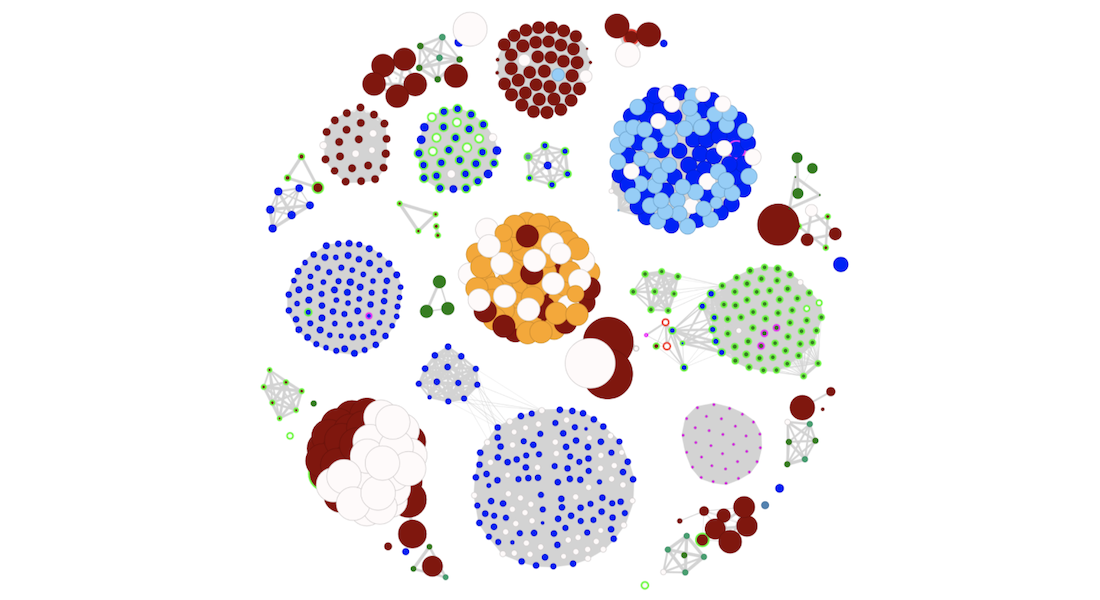New PhageLeads tool enables rapid assessment of phage’s therapeutic viability
The new PhageLeads resource uses machine learning to provide a free tool for researchers to rapidly assess therapeutic suitability for specific phages. This is an important step towards successfully using phages as a type of therapeutics for treating bacterial infections.

Making use of bacteriophages as a therapeutic agent is a research field that is gaining significant traction. Phages can potentially help to alleviate some of the current most pressing public health concerns, perhaps most importantly as a means of combating antibiotic-resistant bacteria. Unfortunately, assessing the therapeutic suitability of a phage has previously been a complicated and inefficient process.
The new PhageLeads tool, however, attempts to solve this problem. It provides a single-step tool that checks for all three conditions required for the selection of suitable therapeutic phage candidates: the presence of temperate markers, antimicrobial resistance genes, and virulence genes. PhageLeads is the first resource accounting for all three conditions in one simple tool.
Quick and accurate assessments
Professor Thomas Sicheritz-Pontén and Associate Professor Bent Petersen from the Center for Evolutionary Hologenomics have been leading the development of PhageLeads, and recently authored a new article published in MDPI on the set-up and potential of PhageLeads, as well as the ensemble machine learning approach that it utilises.
“As bacteriophages are extremely diverse and rarely share sequence similarities with each other, it is difficult to identify common genes by DNA only. By moving from DNA sequence space into biological feature space we are able to build several individual independent predictors which then are combined into one ensembl model to combine their decisions into one final result,” says Professor Thomas Sicheritz-Pontén.
Associate Professor Bent Petersen has written about PhageLeads himself. He highlights the rapid analysis that the set-up of PhageLeads enables on top of the assessment of potentially good therapeutic phage candidates.
“Although the main focus of PhageLeads is to assess if a phage is a good candidate for therapeutical use, it can also be used for very fast prediction of the lifestyle of a phage, which makes the tool very attractive for high-throughput analysis. Due to its low resource demands, I can use my laptop to analyse a million phage genomes in less than 24 hours,” says Bent Petersen.
PhageLeads has been developed as a collaborative effort between the Center for Evolutionary Hologenomics at the GLOBE Institute, University of Copenhagen, the Phage Therapy Center at Leicester University, and the Centre for Omics-Driven Computational Biodiscovery (COMBio) at AIMST University, Malaysia.
Read the article “PhageLeads: Rapid Assessment of Phage Therapeutic Suitability Using an Ensemble Machine Learning Approach” in MDPI open access here.
Contact
Professor Thomas Sicheritz-Pontén
